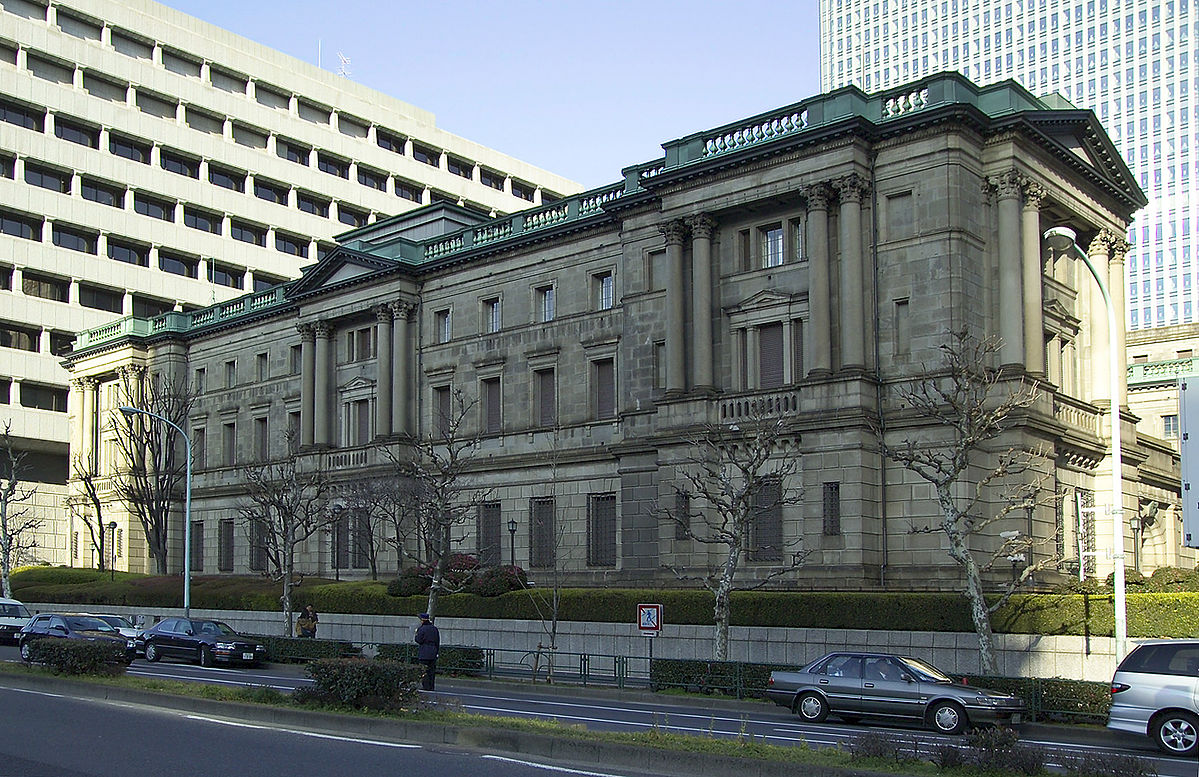The Bank of Japan has revealed plans to double ETF purchases in an effort to calm spooked markets, however, the wording of the statement seemed to cause confusion.
The BoJ announced late on the weekend it would be doubling its exposure to ETFs in an effort to shore up nervous markets.
The wording of the statement, which put forward a new annual target of JPY12trn ($112bn) in ETF buying, appeared to sow confusion as to whether the bank would actually move from its current yearly target of JPY6trn.
“The market got excited by the 12 trillion yen figure before quickly finding out a footnote that says it is the maximum figure,” Yusuke Ikawa, Japan strategist at BNP Paribas, told Reuters.
John Vail, chief global strategist at Nikko Asset Management, however, suggested the market had misunderstood the intentions of the BoJ and that actually the bank would “buy heavily” to reach the new JPY12trn limit.
He suggested this would give the market a positive boost. “It seems clear to me that the BoJ will buy heavily at these levels, but the market seems to want to see how committed the BoJ is,” he said.
“When it does, the positive surprise should take hold in the market. The BoJ does not want to commit to JPY12trn if the stock market quickly rebounds, but it could always adjust its language later if such scenario occurred.”
Vail speculated the BoJ would retain some flexibility over how much ETF buying it would pursue on individual days.
"In his press conference after the market close, Governor Kuroda cleared up any ambiguity about the BOJ’s determination on ETF purchases by saying it will buy at a Y12TT pace as long as necessary, double the previous targeted rate,” he continued.
“Some may take this as a maximum JPY200bn on days when they chose to buy (double the recent previous rate of JPY100bn) but it could well be a larger number with more flexibility in implementation on days with large equity downdrafts."
Unwind the unwinding
The BoJ originated its ETF buying programme in 2013 as part of its continuing efforts to kickstart the Japanese economy.
However, Jesper Koll, advisor to ETF issuer WisdomTree and an expert on Japan, told ETF Stream last month that though the measures helped spur liquidity while also “creating legitimacy” for ETFs, the problem it faced was how to unwind what were already huge positions.
According to the BoJ funds flow report for Q3 2019, the bank now owns some 8% of the entire Japanese equity market, mostly through the current ETF-buying programme.
Any attempts to reverse course would now appear to be some way off.
On top of the ETF buying, the bank also announced a JPY1trn corporate bond-buying programme that Vail said was a “surprise to many sceptics in the market. Such should greatly support this rather illiquid market,” he said.
“They could have done a bit larger, although Japan does not suffer from the same kind of bond market problems that the US market does. The corporate loan swap program is very positive too.”
Bank of Japan establishes ‘special rules’ for ETF lending
Despite the combined ETF buying and corporate bond programme, some in the Japanese market remain hugely pessimistic. “The market is no longer reacting to each step the BoJ is taking, looking at whether any of them work. Rather, markets are reacting negatively because they have lost confidence in the BoJ,” Yasuo Sakuma, chief investment officer at Libra Investments told Reuters. “Now it is obvious that the BoJ has no card left to play.”
Analysts at Schroders added the fall in the TOPIX on the announcement “showed that investors were rightly underwhelmed.”
“Central targets of asset purchases were left unchanged as well as interest rates and forward guidance, pointing to no major long-term change in overall monetary policy,” the Schroders team suggested. “Ultimately, this was an announcement of more quantitative easing (QE) – a further expansion of the BoJ’s balance sheet that is already larger than the country’s GDP.”



